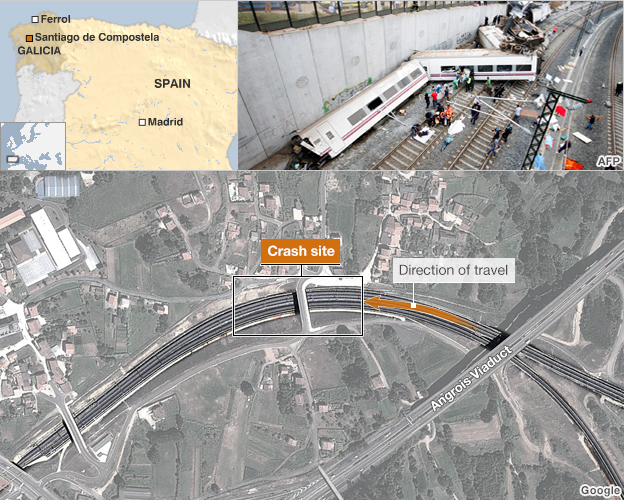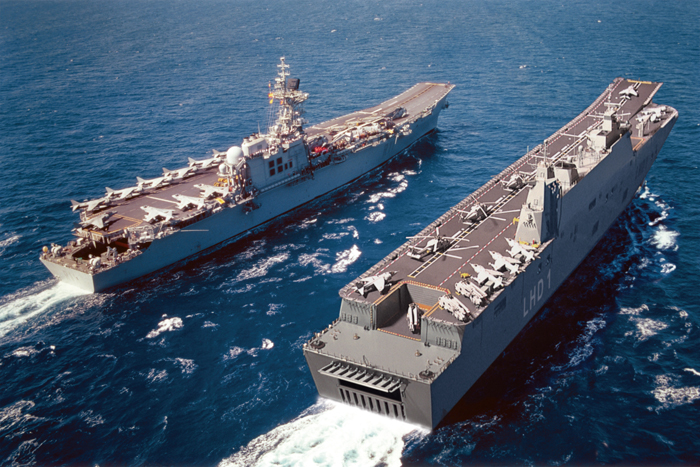In an older post at the Guardian, Miguel-Anxo Murado looks at the place of the monarchy in Spanish society:
King Juan Carlos of Spain must be one of the most Shakespearian kings, ever. His grandfather was ousted from the throne like Richard II, and like Richard III, his brother was killed (though in Carlos’ case it was a tragic accident). Like Hamlet he had a difficult relationship with his father, and like Macbeth, he arrived at the crown by way of an evil creature (General Franco). It sounds inevitable that, like King Lear, in his old age he would be cursed with troublesome daughters. Now, one of them, Princess Cristina, has been summoned by a judge. She has to answer for allegations that, together with her husband the Duke of Palma, they misappropriated millions of euros in public funds. Some say this scandal, the latest in a long series of royal mishaps, threatens the very institution of monarchy in Spain. But is it so?
The rule of King Juan Carlos of Spain is a very interesting example of how the essence of monarchy is not history, but a story — and how tricky that is. The Spanish monarchy is a literary institution. It was born outside and above the law. Its legitimacy was based on symbols, metaphors and, first and foremost, on storytelling: a mostly imaginary tale of continuity and exceptionality. Modernity changed this a bit, but not by much. Like theatre, monarchy had begun like a religious cult and ended in a popular spectacle. That was all. In stable systems like the UK, this transition from statecraft to stagecraft could be done more or less effectively, but in Spain it was pushing the trick too far.
[…]
Like with all story-telling, there’s some truth in this fiction. Yes, the king did assist the transition to democracy, and he stood against the 1981 military coup. Yet the often overlooked fact here is that he had no alternative if he wanted to reign. It was true that he was not ostentatious, but he wasn’t austere either. It is true that he seems a likeable person, but not exemplary. He was a patron of the WWF, but he also loves hunting elephants. He needed not to be perfect, but now he has to, because that was the nature of the narrative his friends concocted.





